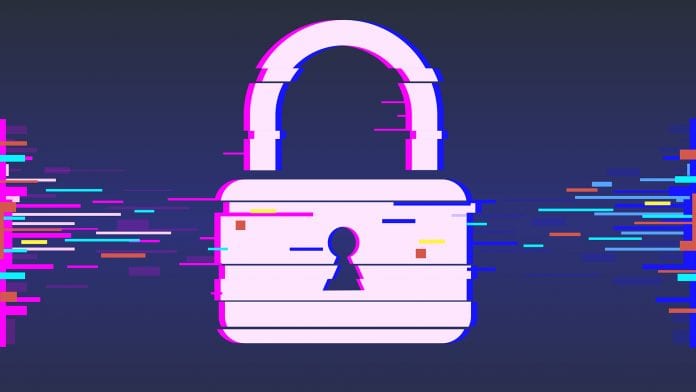
A new report has highlighted how cyber security is critical for the healthcare industry in light of COVID-19.
According to a new report from GlobalData, the rising costs of data breaches and the growing number of attacks to healthcare and other organisations is turning cyber security into a mission-critical technology for most industries.
The report, ‘Cybersecurity in Healthcare’, shows that major risks are posed to healthcare data, as the healthcare industry is a prime target for malicious cyber groups looking to cause discord and make unethical gains.
Data security during COVID-19
With the number of cyber attacks on the healthcare industry rising, the associated costs are also increasing, and the current multi-industry shift to digitise workflows and promote remote working during to the COVID-19 pandemic is also helping cyber security emerge as a critical technology across the healthcare industry.
Rodrigo Noble, Senior Digital Analyst at GlobalData, said: “The prioritisation of, and associated rising demand for, cyber security technology can only be good for the market, which is expected to reach $237.7bn (€204.22bn) by 2030 growing at a strong compound annual growth rate (CAGR) of 6.4% from 2019 – when the market was worth $120.3bn.
“Before the onset of the pandemic, the healthcare industry was already undergoing a digital transformation, and the current multi-industry shift to digitise workflows and promote remote working due to the COVID-19 pandemic has expedited the cyber security timeline, helping cyber security emerge as a critical technology across the healthcare industry.”
Connected devices
Many patient interactions within the healthcare system involve the use of medical equipment and devices which are connected to a network. These connected devices generate, analyse, and transmit medical-grade data, which create a medical internet of things (IoT) within healthcare networks. The growth of connectivity brings not only increased operational efficiencies, but also an ever-expanding attack surface for cyber terrorists.
“Connected devices are becoming a key part of healthcare infrastructure. The average hospital room has anywhere from 15 to 20 network-connected devices,” added Noble. “The challenge of keeping networks safe is compounded by legacy systems that lack basic cyber security measures, as well as medical devices connecting to networks without proper vetting – both of which plague hospitals worldwide.
“In security terms, capabilities are fragmented and decentralised, generating substantial control challenges. Replacing legacy software across the enterprise can be cost-prohibitive, especially considering the disruption this would cause to daily routines but cyber attacks can have far-reaching reputational and often financial ramifications.”







